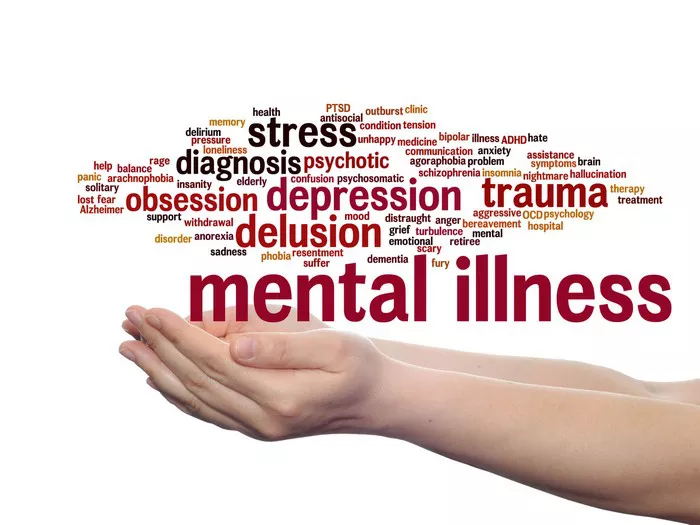Labor has unveiled a $1 billion pledge to enhance mental health services across Australia, with a focus on youth and remote Indigenous communities, in a major election promise ahead of the May 3 poll.
Prime Minister Anthony Albanese, accompanied by Health Minister Mark Butler, announced the commitment on Tuesday during a visit to Sydney. The pledge aims to ensure that more Australians, particularly young people, have access to essential mental health support through their Medicare card.
“This funding will ensure that more Australians, especially young Australians, have the help they need,” Albanese said, highlighting the importance of expanding mental health services.
The major initiative includes the creation of 21 new and upgraded mental health centres, alongside 20 specialized youth care centers and opportunities for 1,200 new mental health professionals to be trained.
The national youth mental health network, Headspace, is set to receive $200 million as part of the pledge, which will fund the development of 58 new or upgraded centres across the country. Additionally, two new Headspace services will be established in remote Indigenous communities, with an emphasis on partnering with Aboriginal-led organizations, including Aboriginal medical services, to deliver the care.
Minister Butler emphasized the significance of bringing mental health services to remote areas, where access to support is often limited.
“Two of the new Headspace services will be located in remote communities, and we hope to partner with Aboriginal-led services to deliver these,” Butler said.
Reducing suicide rates among Aboriginal and Torres Strait Islander peoples remains a critical priority for Labor, forming a key part of its Closing the Gap agenda. Recent reports from the Productivity Commission indicate that suicide rates among First Nations people have worsened since 2018, with suicide becoming the leading cause of death for young Aboriginal and Torres Strait Islander people aged 15 to 39 in 2022.
Labor’s policy proposal responds to the Coalition’s own mental health plan, which includes expanding Medicare-subsidized mental health sessions from 10 to 20 per year. Opposition Leader Peter Dutton criticized Labor’s approach, accusing the government of being slow to act on mental health issues.
“We have promised to restore the number of sessions from 10 to 20 for young people with complex mental health needs,” Dutton said. “Labor cut that back from 20 to 10, while we have also pledged an additional $400 million for the expansion of Headspace and mental health services.”
As both parties look to address the mental health needs of vulnerable Australians, the issue is expected to play a pivotal role in the upcoming election.


